Three generation travel in Indonesia
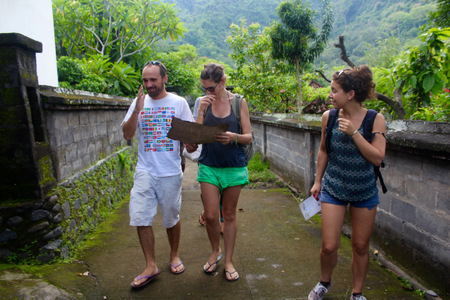
Before taking the helm as CEO of Khiri Travel, Herman Hoven was general manager of Khiri Travel Indonesia. In this Expert Hub article, Herman offers his expert insight on the rise of multi-generation family travel in Indonesia.
We ask how suitable Indonesia is for three generations of one family traveling together, and how do visiting families experience the country?
How do you define multi-generational (3G) travel?
Typically an adult couple over 60, their married son or daughter, and their young kids, who are usually under 10 years old. In short: children, parents and grandparents, so fun and challenging.
When did you notice this 3G trend starting to occur in Indonesia?
Parts of Indonesia has always been a popular destination for families with a relatively well developed domestic infrastructure. Many Dutch-Indonesian families migrated back to the Netherlands in the 1950’s and 60’s. These families now wish to show their children and grandchildren where they grew up.
More recently, it’s a growing phenomenon among Americans, western Europeans and Australian families.
A family treasure hunt in Indonesia
How do different nationalities approach a 3G holiday in Indonesia?
Europeans tend to stay a little longer and stretch their budgets to over two or even three weeks of holiday. American families tend to stay a maximum of 10-12 days but in more upscale accommodation.
Itineraries for European families tend to be more on the adventurous side, with plenty of hiking and cycling. Americans often enjoy some more culturally-immersive experiences.
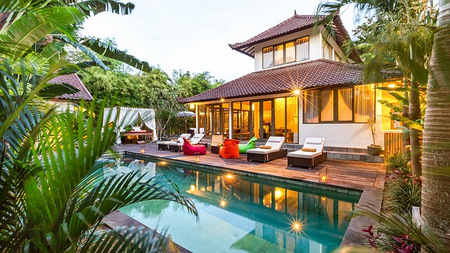
Standalone villas are a popular choice for 3G families
Why do families perceive Indonesia to be suitable for this type of trip?
Families tell me they are attracted by many things. The hotel infrastructure in Bali is varied and flexible. There are plenty of connecting rooms, standalone villas and apartments.
3G holidays require activities that create interaction between all generations. In Indonesia families like sharing experiences such as a treasure hunt through rice paddies, cooking classes at a local family house, local village visits, and family blessing ceremonies by Balinese royals and priests.
Visiting families also like that there are options for different generations to experience time on their own. Usually that’s private time for the parents, for example a spa or romantic dinner, plus a practical activity for the grandparents and grandchildren.
How do Indonesians perceive their multi-generational visitors?
Indonesians are culturally very respectful of the family as a unit. As is common in Asia, they show great respect to the elderly and adore children. Families love the warm welcome they receive.
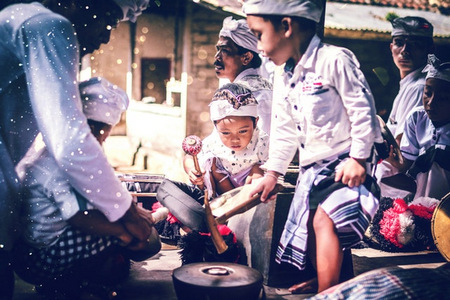
Indonesians are very respecful of family
What do families think is essential to the success of their 3G trips in Indonesia?
The key to success is the choice of accommodation. Families want an option to be together in one big living space, but also a chance to retreat into private rooms for downtime. Indonesia’s private villas are best suited to this.
They also like accommodations that can provide services such as cooking, babysitting and arranging children’s activities. Another hit is locally owned accommodations, where staff can help immerse the family into local communities and culture.
Families want plenty of time to relax and chill together. They want to visit destinations which offer different attractions for different generations in the same area. One example is the botanical gardens and Bali treetop adventure.
What are the favourite experiences of 3G families visiting Indonesia?
Visiting the village of Bulian with a local guide and meeting different generations is a perennial favourite. Traditional Balinese culture is very much alive here. Visiting kids play with local kids and guests are welcome in the kitchen.
Also popular among our 3G clients is a treasure hunt in a village called Sidemen. It’s a good example of families enjoying an activity they can all share together.
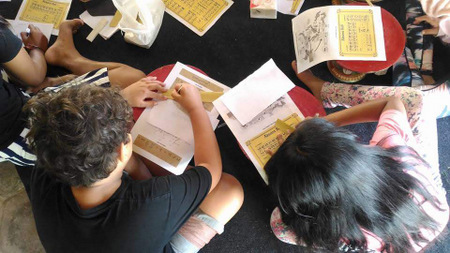
Children doing Lontar writing
How do 3G families experience Indonesia beyond Bali?
Java, Bali, Lombok and West Flores have better facilities for all the generations. We rarely see 3G families traveling beyond these more organised parts of Indonesia.
Families are surprised how an adventure visiting Komodo dragons in Flores is easy to organise. The same counts for visiting volcanoes in Java by jeep, as well stays on the beautiful beaches of north Lombok and the Gili islands.
What are common mistake made by DMCs when organising 3G itineraries?
Families are happy when the needs of every generation can be satisfied. When trips are less successful it’s usually due to a lack of local knowledge.
Don’t have them hiking up temple steps in the midday heat. Keep itineraries flexible, so that the grandparents or young kids can relax in a sea view cafe, or similar, while fitter members have the option of exploring by themselves.
Most of Khiri’s local staff have families of their own and live together with multiple generations. So they have insight into both the country and visitor.
As general manager of Khiri Travel Indonesia, Herman Hoven designed and implemented multiple new DMC travel experiences, and opened offices in Bali, Java and Sulawesi. Herman Hoven is now CEO of Khiri Travel.
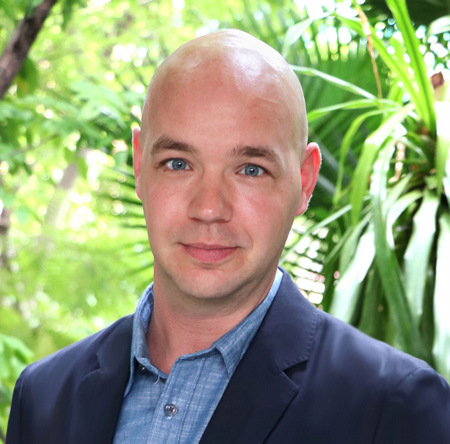
Herman Hoven
 United Kingdom
United Kingdom United States
United States Asia Pacific
Asia Pacific
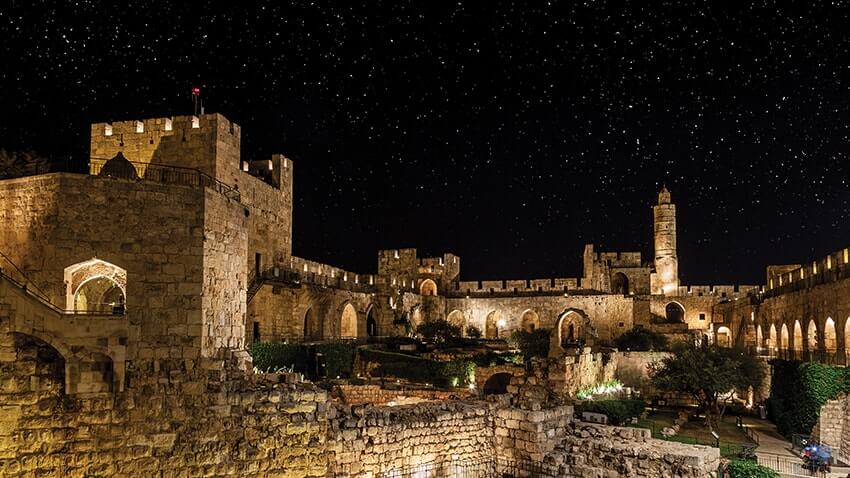
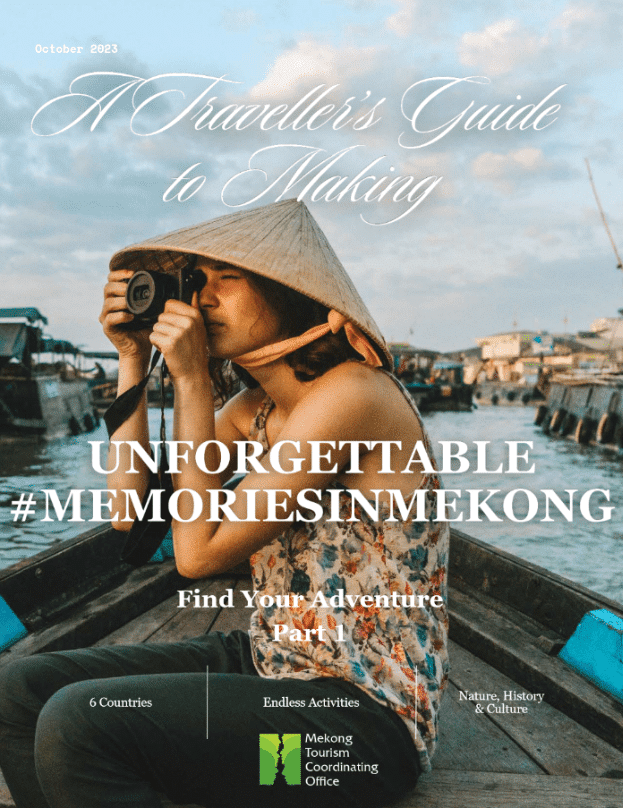
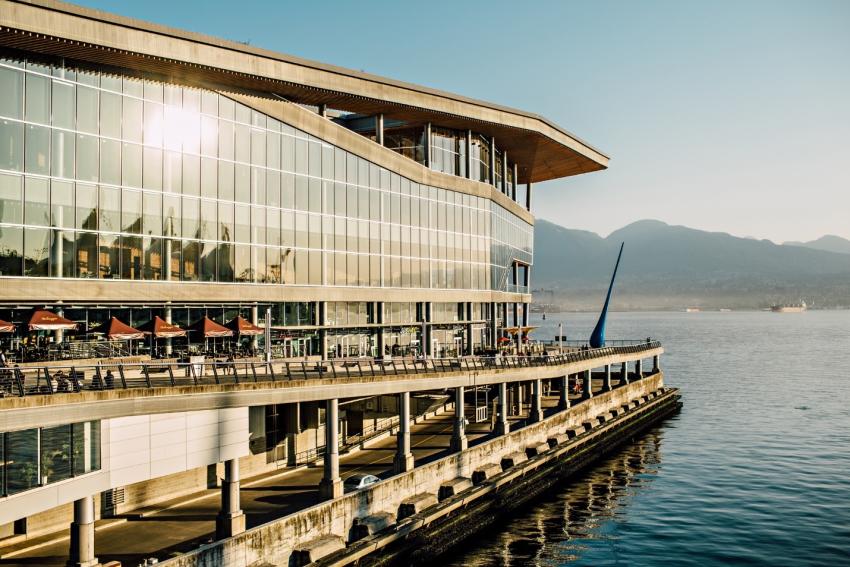
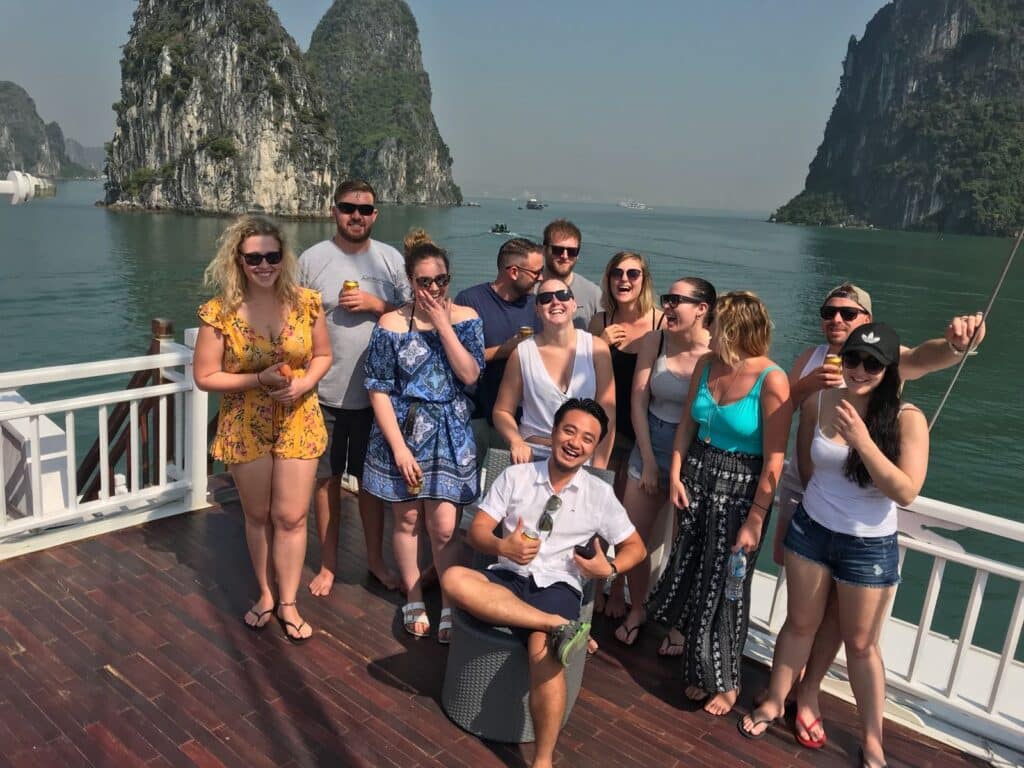


























BA suspending all Heathrow to Abu Dhabi flights
Turkish Airlines flight in emergency landing after pilot dies
Unexpected wave rocks cruise ship
Woman dies after going overboard in English Channel
Foreign Office issues travel advisory for winter sun destinations